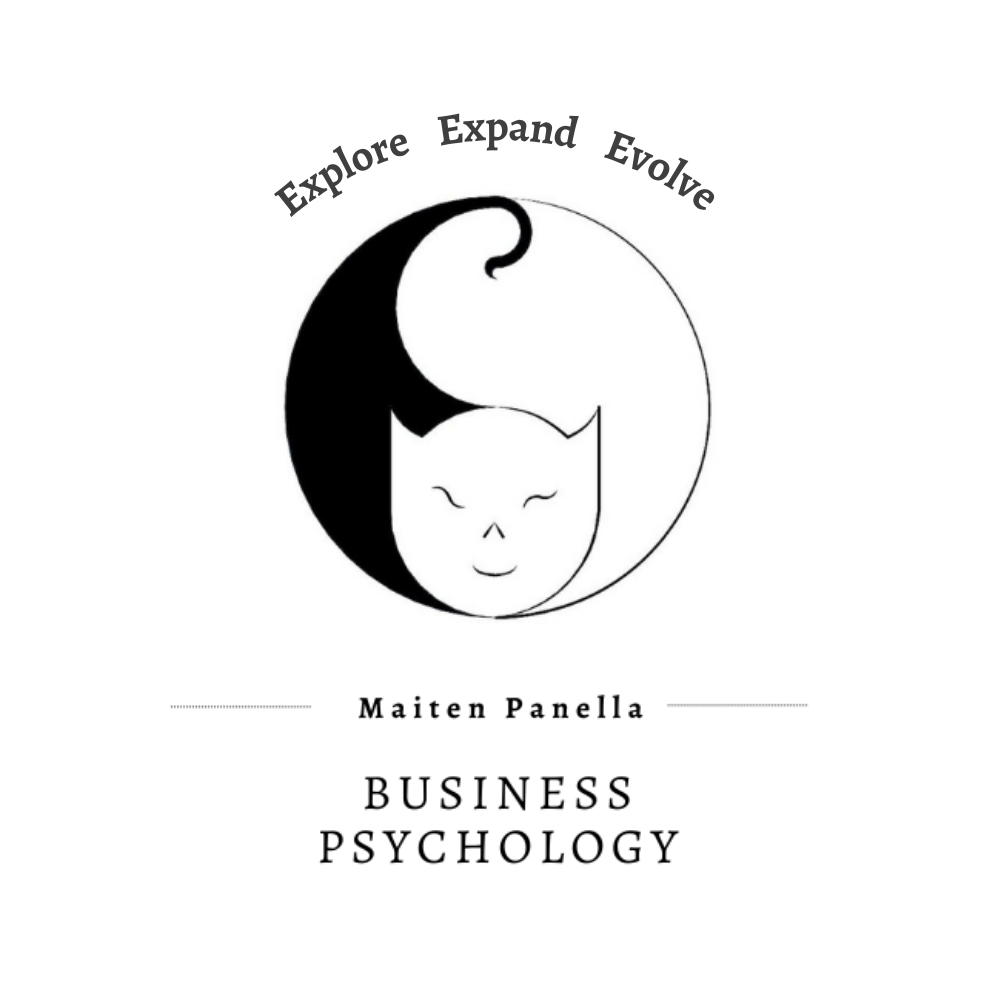Achievement orientation is a skill that shows your capacity for permanent improvement.
Setting high goals and working hard to achieve them, calculating – but ultimately taking – the appropriate risks in order for them to be accomplished, is the perfect definition of Achievement Orientation.
Achievement Orientation generates new interests and gives you a reason for continued learning and the expansion of your horizons.
But before we go on, let’s remember that any Emotional Intelligence skill refers to how you manage yourself, your relationships and the situations you encounter daily.
All the competencies, in fact, speak to us about a different way to be smart. Fortunately, Emotional Intelligence is something that we can all learn and improve.
Achievement Orientation, in particular, is one of the key features that can help us achieve our dreams. It falls under the umbrella of self-management and it is nurtured by a positive outlook.
Furthermore: it is a distinctive trait in successful entrepreneurs and leaders.
In this article, we will unveil all the secrets to mastering it.
What will be covered here?
What is Achievement Orientation?
Is your passion enough?
We all have dreams and want to pursue our passion in life. We know that following your passion is the secret fuel that keeps you going forward.
But, is it really?
I mean: when you find an obstacle along the way, when you experience a setback, or when you are challenged beyond your limits, is it your passion that keeps you going or there is something else?
The truth is that dreams and passion are not enough to achieve your goals: achievement orientation is the critical element for success.
What is Achievement Orientation exactly?
This key competence entails striving towards your goal whilst maintaining a standard of excellence, accepting the challenges you might encounter en route, not in a blind way but in a calculated way, and at the same time, improving performance to be ready to welcome the opportunities whenever they present themselves.

The importance of Motivation and Persistence
For this Emotional Intelligence competency to flourish, you need to welcome motivation and persistence in equal parts, especially in the face of setbacks.
Motivation is a powerful tool you can fuel on a daily basis by remembering your values and goals. Motivation, which belongs to the self-management area of Emotional Intelligence, is the hidden force that will drive you, relentlessly, to your final destination. If accompanied by enthusiasm, it is invincible.
External factors like prestige, money, power, are the typical external factors that ignite motivation, but the internal force of persistence is the one that makes the difference, converting a dream into an attainable goal.
For that, those who feel the need to get better and better by improving performance attaining more and moving up the ladder, are those who feed their motivation with their unquenched desire for, simply, achieving.
In short, an achievement-oriented person will look forward to
👉 learning the new and improving the old
👉 fostering excellence
👉 encouraging feedback
👉 accepting challenges
👉 daring to explore
👉 knowing how to calculate risks
👉 going out of their comfort zone
👉 being open to innovation
One trait that every person with achievement drive distinctly presents is their unquenchable thirst for knowledge. Like the renaissance man, knowledge is seen as a mark of distinction, and being open to innovation; a passport to the future.
Leaders who have developed this skill are able to create an achievement culture within their organizations.
They set the scene for performance orientation by encouraging each member of the team to feed their own personal achievement orientation and thereby enable the whole team to make good use of it.
Great leaders coordinate actions and act with empathy, fostering relationship building and opening channels for better communication.
What steps should be taken to hone this skill?
Route map
📍 Give yourself time to de-stress: a relaxed mind is a successful mind
📍 Develop the ability to gain (and regain) focus with ease
📍 Identify your next objective in the “big picture” of your plan
📍 Design a step-by-step strategy
📍 Calculate the risks
📍 Divide the next objective into small, attainable goals
📍 Identify the external resources you might need (people, materials, hard skills)
📍 Identify the internal resources you might need (motivation and balance, soft skills)
📍 Once each little goal is achieved, reward yourself
📍 Constantly monitor progress towards your ultimate goal
How can a coach help to develop, cultivate and improve this skill?
Mainly by working to identify your motivations and remove your internal blocks, help with self-esteem and challenge assumptions.
The right coaching can also support you throughout your strategy planning journey and help you create new spaces for growth and exploration.
Coaching can also help you to gain focus and create new habits; small actions performed in a consistent way can act as precursors.
But remember: you need to balance all the skills and work in tandem with them to really perform at your maximum potential. Isolated skills, even if at 100%, will leave you with a sense of imbalance and won’t add any real value to your work.
There is always room for improvement, so it doesn’t matter if you’re a “natural” and motivation is your daily fuel, or if you need a little push now and then.
Achievement drive can benefit us all: freelancers and entrepreneurs, leaders or employees.
By cultivating this skill we will be able to perform any task, to the best of our ability.






Achievement orientation is taught to me for fuel towards to achieve goals. It’s feed to me for face the failures and often motivate me to automatically. It stimulates to set long term goals and achieve them through hardworking